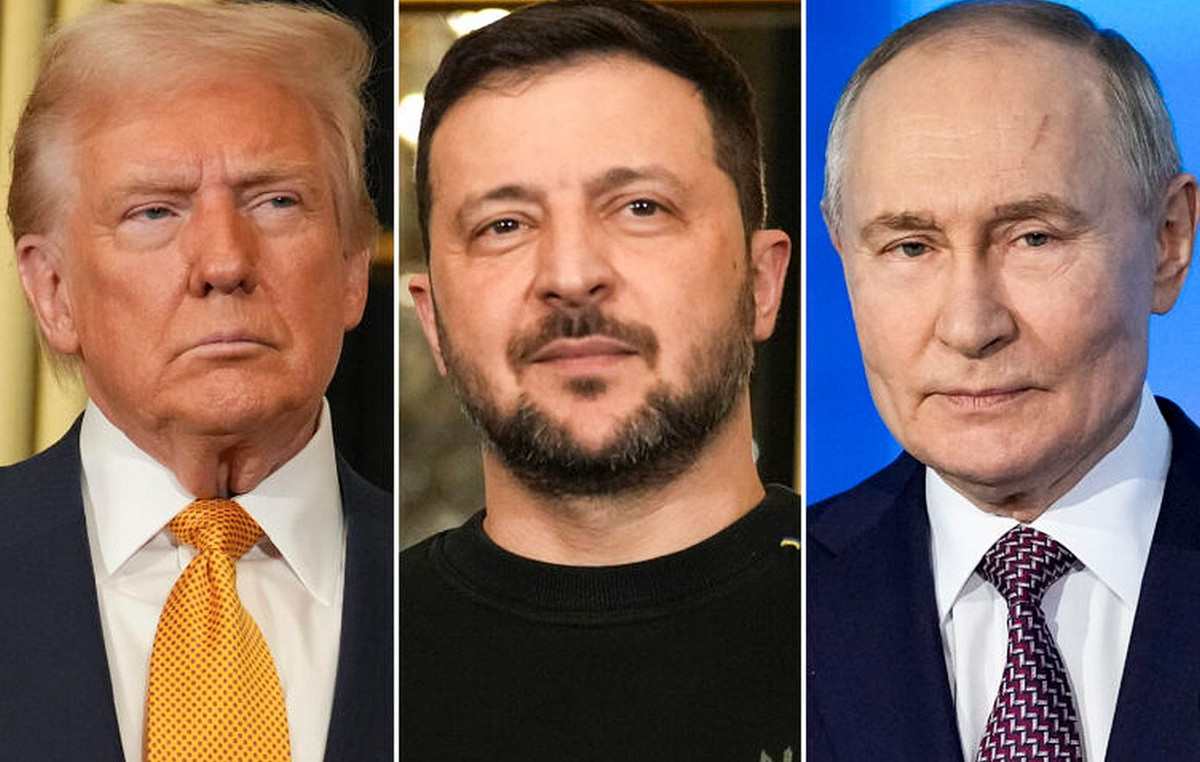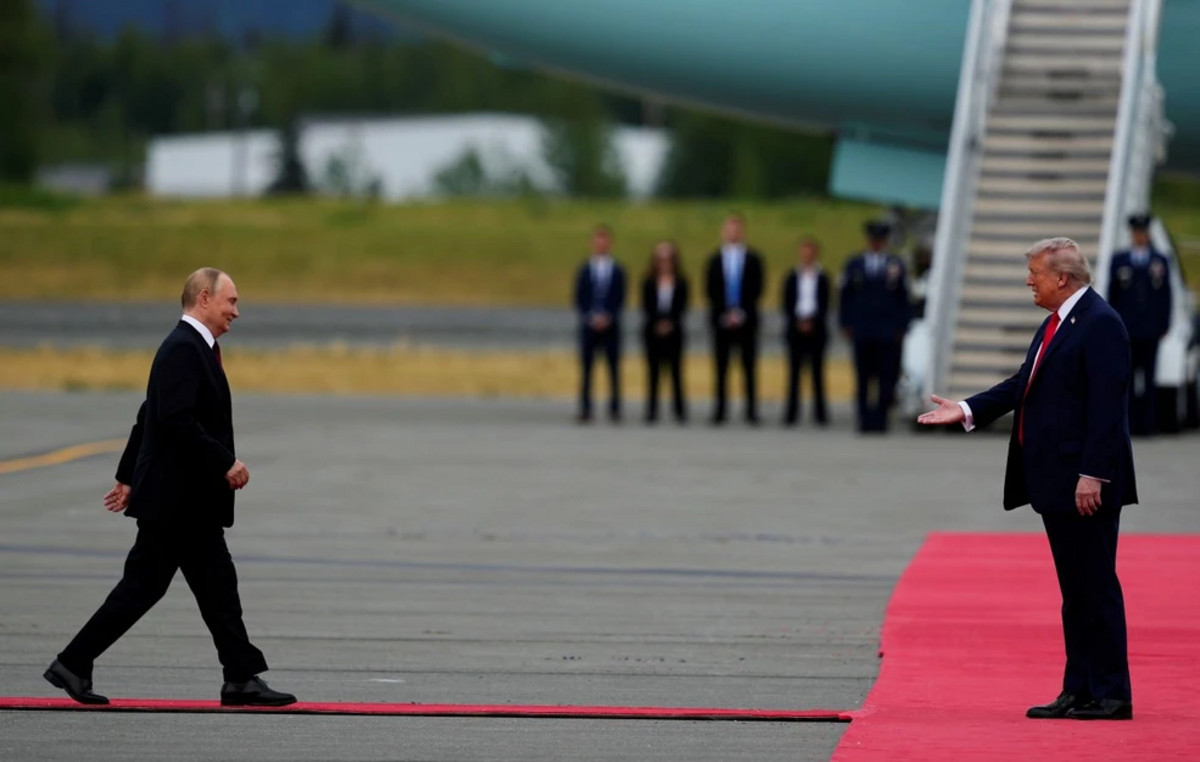Xi Jinping may have rejected US President Joe Biden’s description of the 21st century as a battle between democracies and autocracies. However, as the G20 and APEC (Asia-Pacific Economic Cooperation) summits have demonstrated, the Chinese leader continues to try to minimize US influence abroad.
Still in the aftermath of the last Communist Party Congress that, last month, consolidated and extended Xi’s control, China’s strongman walked straight out of his country’s “Covid zero” isolation policy with a flurry of face-to-face meetings in Bali and Bangkok last week.
In contrast to his self-propagated image of a rigid ideological leader, Xi has tried to appear as an open-minded statesman, telling Biden at last Monday’s meeting that leaders “should think and know how get along well with other countries and the world at large.”
The broad diplomatic reach appeared to be aimed specifically at US allies and regional leaders amid the growing rivalry between Washington and Beijing. Since taking office, Biden has strengthened relationships with allies and partners to counter China’s growing influence.
“Asia-Pacific is not anyone’s backyard and should not become an area for a great power struggle,” Xi said on Friday (18) at the opening of the APEC summit, in the absence of Biden, who had already flown back to the US.
The intense string of face-to-face diplomatic meetings represents a victory for Xi, whose self-imposed international isolation has proved extremely costly, straining China’s relations with the West and many of its neighbors during the pandemic. Tensions have been rising over the origins of the coronavirus, trade, territorial claims, accusations of the government’s human rights abuses and its close partnership with Russia, even as the war rages in Ukraine.
“Judging by the sheer volume of international heads of state who want to have a one-on-one meeting with Xi Jinping, I think it’s safe to say that the trip was successful for him,” says Wen-Ti Sung, political scientist at the Study Program. of Taiwan from the Australian National University.
With broad smiles and handshakes, the Chinese leader held exchanges with his counterparts in the US, Australia, France, South Korea, Japan, Singapore, Indonesia, Philippines and Papua New Guinea, among others – including leaders whose governments have openly criticized the Chinese government.
In several speeches, Xi, who earlier this year had joined Russian President Vladimir Putin in proclaiming plans to create a “new world order”, has tried to present himself as a leader for international unity. In thinly veiled jabs at the US, he criticized “ideological division”, “lockdown policy”, “cold war mentality” and attempts to “politicize and weaponize economic and trade relations”.
During the two summits, Xi attended a total of 20 bilateral meetings on a schedule so busy that it sometimes stretched into the night. The president also insisted on holding most meetings at his hotel.
The image of this choice speaks for itself.
“All the leaders patiently lined up to find the ’emperor’ of China,” notes Jean-Pierre Cabestan, professor of political science at the Baptist University of Hong Kong.
But despite the apparent friendly atmosphere with everyone, Xi also showed that he was not to be trifled with. In a rare and heartfelt moment caught on camera, Xi lashed out at Canadian Prime Minister Justin Trudeau, accusing him of revealing details of a brief conversation between them. As they part ways, Xi is heard off-camera describing Trudeau as “very naive”.
“This reminded the whole world that there are limits to this smiling diplomacy: as soon as someone crosses China’s interests, they can get into trouble”, adds the professor.
Xi’s goal
For Xi, diplomatic agitation with Western leaders is a crucial first step towards normalizing relations, which have been extremely strained by his assertive foreign policy and China’s “warrior wolf diplomacy”.
Despite its generally aggressive stance, China is increasingly concerned about economic decoupling from the West. The poor state of the Chinese economy – thanks to incessant Covid-zero lockdowns and the recent US ban on the export of advanced semiconductor chips to China – has made a reversal of course urgent.
Among the leaders Xi met in Bali was, notably, Prime Minister Mark Rutte of the Netherlands, home to semiconductor giant ASML – which is under increasing pressure from the US to stop selling its product.
During their meeting, Xi urged Rutte to avoid “dissociation” and “politicization of economic and trade issues”, and invited him to visit Beijing next year.
“While Biden may be trying to build an alleged values-based alignment against China, Xi is trying to find ways to weaken the cohesion of that alignment by pursuing high-level diplomacy with each of these countries one by one,” says the political scientist. Sung.
Xi’s numerous meetings with US allies are all the more notable given recent tensions with China over trade, geopolitics and human rights repression in Xinjiang and Hong Kong. In other multilateral settings, such as the G7 summit, Western nations have issued stronger wording statements expressing concerns about China’s human rights violations and peace and stability across the Taiwan Strait.
“Amidst all of this, Xi has proven that China still has enough appeal and stature to attract all these countries to find ways to work with China. So in that sense, diplomacy was successful for Xi,” says Sung.
domestic message
The international stance is also aimed at the Chinese domestic audience.
The key message Xi wanted to send his people was already defined at the beginning of the trip, when he met Biden in person for the first time as national leaders.
“The fact that Xi is talking to Biden in a one-on-one setting, with confidence and smiles everywhere, generates this image that the G2 era has arrived,” says Sung.
Since coming to power, Xi has touted the “Chinese dream” of national rejuvenation: his vision of restoring China to its past glory and reclaiming its rightful place as world leader. In recent years, he has also promoted the notion that the East is on the rise and the West is on the decline.
For Chinese people, the image of a “G2” superpower (China and the United States) served as a vivid visual representation of both narratives. “China can now speak to the US as a true equal,” Sung said.
But Chinese people who followed the glowing state media coverage of Xi’s trip also noticed a startling image: their leader attending closed-door meetings and mingling with counterparts from other countries without wearing a mask.
It’s a far cry from the caution Xi preached for Covid on his first trip abroad since the outbreak of the pandemic two months ago. When visiting Central Asia in September, Xi wore a mask to disembark the plane and missed a mask-free group dinner where leaders ate and chatted around the table.
This time, Xi looked much more comfortable with a clean face. He also attended the G20 dinner, where he shook hands and spoke with leaders including Indian Prime Minister Narendra Modi.
Back home in China, however, immediate lockdowns and mass testing continue to plague citizens, despite the government’s recent announcement of limited easing of its Covid-zero policy. In the southern metropolis of Guangzhou, residents rioted against a lockdown, tearing down barriers and marching through the streets. In the city of Zhengzhou, in the central region of the country, the death of a 4-month-old baby quarantined in a hotel sparked protests across the country. It was the second death of a child living under Covid restrictions this month.
Having had a taste of what it’s like to live with Covid in Bali and Bangkok, Xi returned Saturday to a China hemmed in by rising cases and tighter restrictions in many cities.
In addition to the Dutch Prime Minister, Xi also invited US Secretary of State Antony Blinken, French President Emmanuel Macron and newly elected Italian Prime Minister Giorgia Meloni to visit Beijing early next year.
It remains to be seen whether they will visit a China free of Covid restrictions and potential quarantines for travellers.
Source: CNN Brasil
Bruce Belcher is a seasoned author with over 5 years of experience in world news. He writes for online news websites and provides in-depth analysis on the world stock market. Bruce is known for his insightful perspectives and commitment to keeping the public informed.







